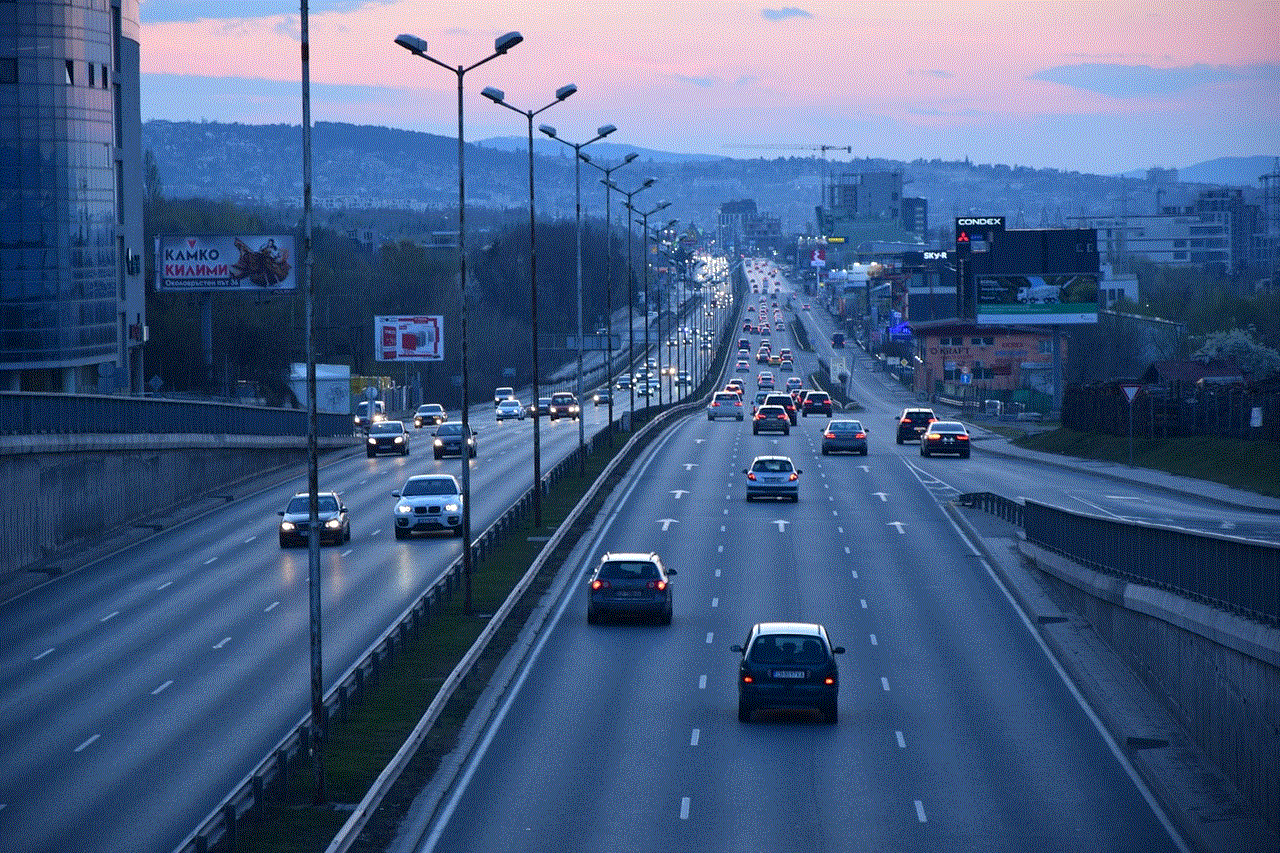911 calling screenshot
911 calling is often associated with emergency situations, where individuals dial the three-digit number in order to reach the appropriate emergency services. The first 911 call was made in 1968, and since then, the system has evolved and become an integral part of society. In this article, we will explore the history of 911 calling and its impact on emergency services, as well as the advancements and challenges that have come with it.
History of 911 Calling
Before the introduction of the 911 system, calling for emergency services was a complex and time-consuming process. People had to remember and dial different numbers for each service, such as the fire department, police, and ambulance. This often led to confusion and delays in response time. In 1967, the President’s Commission on Law Enforcement and Administration of Justice recommended the establishment of a single number for emergency services.
The first 911 call was made on February 16th, 1968 in Haleyville, Alabama. The call was made by Alabama Speaker of the House, Rankin Fite, to U.S. Representative Tom Bevill, who was at the local police station. The call was a success, and soon after, the 911 system was implemented in other cities and states. The first national 911 call was made in 1973, in the state of Indiana.
In the early years of 911, the system was primarily used for medical emergencies. However, as its popularity and effectiveness grew, it was expanded to include police and fire emergencies as well. By 1979, approximately 26% of the U.S. population had access to 911 services. In 1999, the Federal Communications Commission (FCC) designated 911 as the universal emergency number for the United States.
Impact on Emergency Services
The introduction of the 911 system revolutionized emergency services. Before its implementation, individuals had to remember and dial different numbers for each service, which often resulted in delays in response time. With 911, individuals only had to remember one number, making it easier and faster to call for help during emergencies.
Moreover, 911 calls are routed to the nearest Public Safety Answering Point (PSAP), where trained operators are available 24/7 to respond to emergency calls. This ensures that the appropriate emergency services are dispatched promptly and efficiently. The use of 911 has also reduced the number of non-emergency calls to emergency services, allowing them to focus on actual emergencies.
The advancements in technology have also played a significant role in improving the 911 system. With the introduction of mobile phones, individuals can now call 911 from anywhere, making it easier to reach emergency services in remote and rural areas. Furthermore, the integration of GPS technology allows operators to pinpoint the location of the caller, reducing response time and increasing the chances of a successful rescue.
Challenges and Controversies
While the 911 system has been successful in improving emergency services, it has also faced challenges and controversies. One of the main challenges is the issue of non-English speakers. In cases where individuals do not speak English, it can be challenging for operators to understand the emergency and dispatch the appropriate services. This has led to the implementation of multilingual services in some areas, but it is still an ongoing issue.
Another challenge is the issue of fake or prank calls. These calls not only waste the time and resources of emergency services but can also put lives in danger by diverting resources from actual emergencies. The FCC has implemented strict penalties for individuals making fake 911 calls, and some states have also implemented laws to combat this issue.
Moreover, there have been controversies surrounding the use of 911 for mental health emergencies. Some argue that the 911 system is not equipped to handle mental health crises, and individuals in distress may not receive the appropriate care. This has led to the implementation of alternative services, such as crisis hotlines and mental health response teams, in some areas.
Future of 911 Calling
As technology continues to advance, the 911 system is also evolving. One of the main areas of focus is improving the accuracy of location data for mobile 911 calls. Currently, 911 operators can only pinpoint the location of the cell tower used to make the call, which can be a significant distance from the actual location of the caller. This makes it challenging to locate individuals in distress, especially in urban areas with multiple cell towers.
In response to this issue, the FCC has implemented rules for mobile carriers to improve the accuracy of location data for 911 calls. This includes the use of advanced technologies such as Wi-Fi and Bluetooth to pinpoint the caller’s location more accurately. This will not only improve response time but also increase the chances of a successful rescue.
Another area of focus is the integration of new forms of communication into the 911 system. With the rise of texting and social media, there is a need to incorporate these forms of communication into the emergency response system. This will make it easier for individuals with disabilities or those in situations where speaking on the phone may put them in danger to reach emergency services.
Conclusion
In conclusion, 911 calling has come a long way since its first call in 1968. It has revolutionized the way we reach emergency services and has played a significant role in improving response time and saving lives. However, there are still challenges and controversies that need to be addressed to ensure the system continues to evolve and meet the needs of society. With the advancements in technology, the future of 911 calling looks promising, and we can expect to see continued improvements in emergency services.
16th bday party ideas for boys
Are you planning a 16th birthday party for a special young man in your life? If so, you’ve come to the right place! Turning 16 is a significant milestone in a boy’s life, and it calls for a celebration that will create memories to last a lifetime. In this article, we will explore a variety of exciting and unique party ideas that are sure to make his 16th birthday one to remember. From action-packed adventures to laid-back gatherings, we’ve got you covered!
1. Sports Extravaganza: If the birthday boy is a sports enthusiast, why not organize a sports-themed party? Rent out a local sports facility where he and his friends can play their favorite games, such as soccer, basketball, or even laser tag. You can also hire a coach or referee to ensure that the games run smoothly and provide a professional touch to the event.
2. Outdoor Adventure: For the adventurous young man, an outdoor party is the way to go. Consider organizing a hiking or camping trip where the boys can explore nature, build a bonfire, and roast marshmallows. This will not only be an exciting experience but also an opportunity for the boys to bond and create lasting memories.
3. Gaming Tournament: If the birthday boy is a gaming enthusiast, why not host a gaming tournament? Set up multiple gaming stations with different consoles and games, and let the boys compete against each other. You can even award prizes for the winners to make the competition more exciting. Don’t forget to provide plenty of snacks and refreshments to keep the gamers fueled throughout the event.
4. Movie Night: A movie night is always a crowd-pleaser. Transform your backyard into an outdoor cinema by setting up a large screen and comfortable seating. Create a cozy atmosphere with blankets, pillows, and fairy lights. Let the birthday boy choose a selection of his favorite movies, and don’t forget the popcorn and snacks!
5. Go-Kart Racing: If the birthday boy loves speed and excitement, consider organizing a go-kart racing party. Find a local go-kart track where the boys can experience the thrill of racing against each other. Ensure that safety precautions are in place and provide helmets and protective gear for everyone.
6. Beach Party: If you are fortunate enough to live near a beach, why not take advantage of it? Plan a beach party with a variety of water activities such as swimming, beach volleyball, and paddleboarding. Bring beach games like frisbee or beach soccer to keep everyone entertained. Don’t forget to provide sunscreen and beach towels to ensure everyone stays protected and comfortable throughout the day.
7. Paintball Battle: For an adrenaline-pumping and action-packed party, consider organizing a paintball battle. Find a local paintball arena or set up a course in your backyard. Divide the boys into teams and let them engage in friendly competition. Make sure to provide all necessary safety equipment and brief everyone on the rules and guidelines of the game.
8. Barbecue Bonanza: If the birthday boy is a foodie, a barbecue party is a great choice. Fire up the grill and prepare a variety of mouthwatering dishes such as burgers, hot dogs, and grilled vegetables. Set up a buffet-style table with different condiments and sides. Encourage the boys to bring their favorite dishes or desserts to share, creating a potluck-style feast.
9. Scavenger Hunt: A scavenger hunt is a fun and interactive way to celebrate a 16th birthday party. Create a list of clues and hide them around a designated area, such as a park or even your own backyard. Divide the boys into teams and let them race against each other to solve the clues and find the hidden treasures. You can even incorporate a theme into the scavenger hunt, such as pirates or superheroes, to make it even more exciting.



10. Karaoke Night: Give the birthday boy and his friends a chance to showcase their singing talents with a karaoke night. Rent a karaoke machine or use a mobile app, and set up a stage area where the boys can take turns belting out their favorite tunes. Provide a variety of songs to choose from and create a lively atmosphere with disco lights and a smoke machine.
11. Gaming Bus: Take the gaming tournament idea to the next level by hiring a gaming bus. These buses are equipped with multiple gaming consoles, large screens, and comfortable seating. The boys can enjoy playing their favorite games while being transported to different locations, creating a unique and memorable experience.
12. Go-Kart Building: If the birthday boy is mechanically inclined, consider organizing a go-kart building party. Provide kits with all the necessary components to build a go-kart, and let the boys work together to assemble their own vehicles. Once the go-karts are built, they can have a race to test their creations. This party idea combines teamwork, problem-solving, and the thrill of racing into one exciting event.
In conclusion, planning a 16th birthday party for a boy requires creativity and thoughtfulness. Whether he prefers sports, adventure, or gaming, there are plenty of ideas to choose from. Consider his interests and personality when selecting the perfect party theme. Remember, the most important thing is to create an experience that he will cherish and remember for years to come. Happy planning and happy birthday to the special young man in your life!
why does my iphone say vpn
Title: Why Does My iPhone Say VPN? Understanding VPN on iPhones
Introduction:
With the increasing need for online privacy and security, virtual private networks (VPNs) have become a popular tool for users to protect their data and maintain anonymity while browsing the internet. If you’ve recently noticed your iPhone displaying the term “VPN,” you might be wondering why it is there and what it means. In this article, we will delve into the world of VPNs and explain why your iPhone displays this term.
1. What is a VPN?
A VPN, or virtual private network, is a technology that allows users to create a secure connection over a public network, such as the internet. It encrypts the data transmitted between your device and the VPN server, making it unreadable to anyone attempting to intercept it.
2. Why Do I Need a VPN on My iPhone?
Using a VPN on your iPhone offers several benefits. Firstly, it enhances your privacy by masking your IP address and location, making it difficult for websites and online services to track your online activities. Additionally, it secures your internet connection, ensuring that your data is protected from hackers and cybercriminals who might target public Wi-Fi networks.
3. How Does a VPN Work on an iPhone?
When you enable a VPN on your iPhone, it establishes a secure connection between your device and the VPN server. All data transmitted through this connection is encrypted, preventing unauthorized access. Your iPhone will display the term “VPN” to indicate that the VPN connection is active.
4. How to Set Up a VPN on Your iPhone



Setting up a VPN on your iPhone is relatively straightforward. Firstly, you need to subscribe to a reputable VPN service. Once you have chosen a VPN provider, you can download their app from the App Store. After installation, open the app and follow the instructions to connect to a VPN server. Your iPhone will then display the “VPN” indicator in the status bar, confirming a successful connection.
5. VPNs and Data Privacy
One of the primary reasons individuals use VPNs is to protect their data privacy. By encrypting your internet traffic, a VPN prevents your internet service provider (ISP), websites, and other third parties from monitoring or collecting your browsing data. This ensures that your online activities remain private and secure.
6. VPNs and Bypassing Geo-Restrictions
Another common use of VPNs on iPhones is to bypass geo-restrictions imposed by certain websites or streaming services. By connecting to a VPN server located in a different country, you can make it appear as if you are accessing the internet from that location. This allows you to access content and services that may be otherwise unavailable in your region.
7. VPNs and Public Wi-Fi Security
Public Wi-Fi networks are notorious for their lack of security, making them prime targets for hackers and cybercriminals. By using a VPN on your iPhone, you can secure your internet connection and protect your data from being intercepted on these networks. The encryption provided by a VPN ensures that even if someone manages to intercept your data, it will be unreadable.
8. VPNs and Business Use
VPNs are not only beneficial for personal use but also play a crucial role in business environments. Many companies use VPNs to provide their employees with secure remote access to company resources when working from home or while traveling. By connecting to the company’s VPN server, employees can access sensitive data and internal systems securely.
9. VPNs and Battery Life on iPhones
Using a VPN on your iPhone can have a minor impact on battery life. This is because the VPN encryption and constant communication with the VPN server require additional processing power. However, the impact is usually minimal, and it is unlikely to significantly affect your overall battery life.
10. VPNs and Speed on iPhones
Using a VPN can potentially decrease your internet speed due to the additional encryption and rerouting of your internet traffic. However, reputable VPN providers strive to minimize this impact, and the difference in speed is often negligible, especially when using a high-quality VPN service.
Conclusion:



If your iPhone displays the term “VPN,” it means that you have enabled a virtual private network connection. VPNs offer numerous benefits, including enhanced privacy, security on public Wi-Fi networks, bypassing geo-restrictions, and secure remote access for businesses. By understanding the importance and functionality of VPNs, you can make informed decisions about protecting your online privacy and maintaining a secure internet connection on your iPhone.